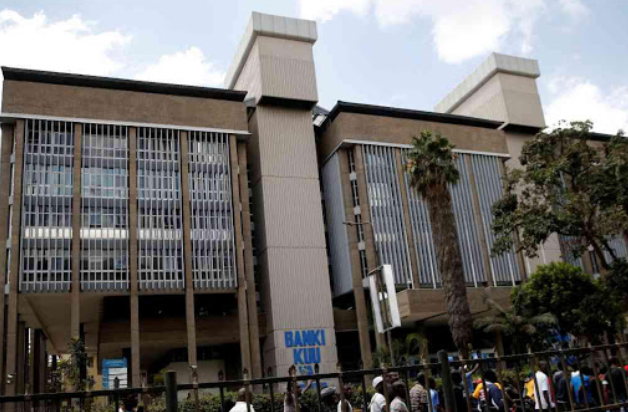Industry leaders in Kenya are optimistic about the potential for their companies and the global economy to grow over the next 12 months, although there is some uncertainty regarding growth in specific sectors and the Kenyan economy as a whole.
The Central Bank of Kenya’s CEO survey, conducted between July 8 and 18, highlights that growth prospects for companies depend on strategies aimed at enhancing business performance, such as diversifying product and service offerings, leveraging technology and innovation, and increasing sales and marketing efforts.
According to the survey, 38 percent of CEOs are highly optimistic about their firms’ growth during the review period, while 37 percent anticipate stalled growth and 25 percent expect slower growth. The level of optimism recorded in July is higher than the 33.9 percent noted in May but lower than the 51.8 percent recorded in March.
Industry leaders expect global growth prospects to remain relatively unchanged from the previous survey, supported by easing global inflation, declining interest rates, and political developments in major economies like the UK, the US, and India. However, rising geopolitical tensions pose a potential risk.
CEOs have reported a decline in optimism regarding sector growth and Kenyan economic prospects, primarily due to uncertainties surrounding protests and their impact on business activities. Optimism regarding sector growth dropped to 24.1 percent in July, down from 30.4 percent in May and 33.9 percent in March.
Expectations for sector performance are influenced by several factors, including improvements in the agricultural sector due to favorable weather conditions. The tourism, hotel, and restaurant industries are anticipated to see increased activity during the peak seasons from July to October 2024 and December to February 2025.
Additionally, the education sector is benefiting from a growing demand for quality education and an expansion of activities linked to the increasing adoption of digital learning. Meanwhile, the financial sector continues to grow by embracing digitalization, innovations, and product diversification focused on customer centricity, though borrower defaults remain a concern for the sector.
Manufacturing sector activity is anticipated to be subdued primarily due to the high cost of doing business and weak consumer demand. Conversely, the health sector is gradually recovering from the impacts of the doctors’ strike in Q2 of 2024, with the upcoming rollout of the Social Health Insurance Fund (SHIF) expected to create new opportunities.
However, respondents highlighted that compliance costs associated with the new program may pose challenges.
Additionally, concerns persist regarding delayed disbursements and non-payment of claims by insurance funds, competition from imports, and a decline in donor funding, all of which continue to hinder activity in the sector. The ICT sector, on the other hand, is experiencing increased activity, driven by the ongoing digitalization of the economy.
The transport sector is predicted to rebound from the slowdown experienced in the previous quarter due to disruptions caused by excessive rainfall and flooding. Activity in the real estate, building, and construction sectors is expected to remain low, although the Government’s affordable housing program is providing a boost to the sector’s performance.
While CEO optimism regarding the country’s economic growth is at its lowest since January, there is hope that easing inflation, the stability of the shilling, and favorable weather conditions will continue to support economic growth. Business activity has remained relatively stable in Q1 and Q2 of 2024, with this stability expected to continue into Q3.
Sectors such as health, finance, ICT, education, tourism, agriculture, and transport and storage are projected to maintain steady performance, supported by sector-specific opportunities and seasonal trends, despite existing risks. Concerns about taxation have decreased following the withdrawal of the Finance Bill 2024.
However, the high cost of doing business and uncertainties surrounding protests are significant domestic factors that could impede firm growth in the coming year.
The survey indicates that firm-specific strategies, such as customer centricity, talent management, and technological innovations, are expected to enhance performance. Nevertheless, external threats to growth, including geopolitical tensions, macroeconomic volatility, and fluctuating energy prices, remain a concern.
This survey targeted CEOs from over 1,000 private sector firms through questionnaires administered via a direct online survey.



